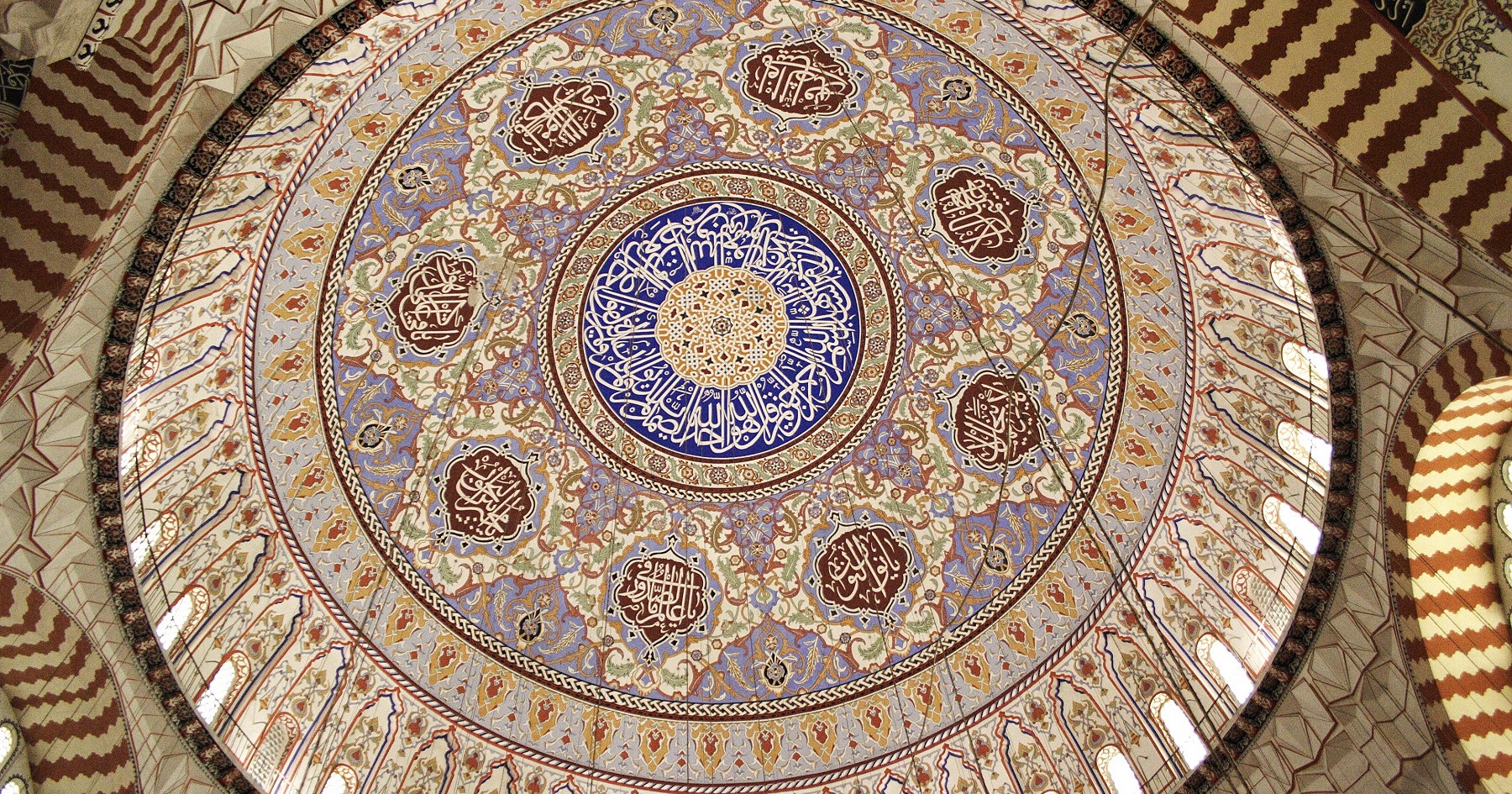 Faith & Science
Faith & Science
 Intelligent Design
Intelligent Design
Muslims Should Be Natural Allies of Intelligent Design

A noted Muslim scholar, Muzaffar Iqbal, president of the Center for Islamic Sciences, recently penned an interesting article regarding what he calls “new Muslim evolutionists.” It seems that there is a movement afoot among some contemporary Muslims to argue for compatibility between Darwinian evolution and Islamic teachings — an Islamic form of theistic evolution, if you will. Iqbal, for his part, is quite critical of this movement.
I can relate to his concern. Due to the work I have done as a religion scholar exploring the figure of Jesus in the Islamic tradition, I have been invited to speak at many Islamic Centers throughout the United States and Canada over the last ten years. As my research interests began shifting to issues of science and religion and I became more conversant with ID literature, I saw a real opportunity for Muslims to become natural allies with the ID community and began sharing my interest in ID with both Muslim leaders and everyday Muslims in the communities I visited. These conversations, however, did not always bear fruit.
Despite the credibility I had earned in these Muslim communities as an ally with them in the struggle against Islamophobic stereotypes, I began receiving significant pushback from some Muslims regarding my interest in ID. In their view, the Qur’an supports evolutionary rather than creationist ideas, and as such, consistency between the Qur’an and modern evolutionary science becomes evidence for the reliability of the Qur’anic revelation itself. Additionally, for some, the Qur’an’s consistency with modern science becomes evidence for its superiority over the Bible, which is viewed as supporting unscientific creationist claims.
More than Simple Apologetics
But there is more here than simple religious apologetics. As I have come to engage with the Islamic tradition and with Muslims themselves, I have come to understand the strong themes of rationality and intellectualism at the center of Islamic thought. For many Muslims, the existence of a divine reality is not something to be accepted on the basis of faith in the absence of evidence (like a Kierkegaardian leap of faith), but rather it is a rational inference drawn from the contemplation of the wonders of the natural world.
The Qur’an repeatedly points to nature as a medium of revelation about the nature of its creator, an idea that has been somewhat lost in the Protestant Christian tradition by Martin Luther’s pronouncement of sola scriptura, the Bible alone as a source of divine revelation. For many Muslims then, the Qur’an, almost be definition, cannot be in conflict with what humans apprehend by the use of their God-given intellect. This idea drove the great flowering of science that characterized the medieval Islamic world and its appropriation of the Greco-Roman tradition that was later mediated to Europe via Arabic translations of Plato, Aristotle, Pythagoras, and many others.
What has really happened is that some Muslims, particularly in the West, have bought the scientific establishment’s party line that calls Darwin’s theory the greatest idea anyone has ever had, the very foundation of modern secular science. And it is not difficult to see why. The scientific establishment has been so successful in marketing the idea that one must choose between Darwin or strict creationism, that Muslims who view creationism as a specifically Christian idea have little choice but to side with the scientific establishment. Darwinian evolution must then be viewed as consistent with the Qur’an and Islamic theology.
A Darwinian Spell
But again there is a deeper issue here. Muslim leaders can certainly agree with Christian leaders about the negative effect of secularization on their respective communities, especially on young people. I have lost count of the number of Muslim leaders who have expressed their deep concern over the way their young people are buying into the allures of secular culture and treating their religious tradition as nothing more than a cultural identity devoid of any deeper spiritual meaning or influence. This is where both the challenge and the opportunity lie. If we can help Muslims understand the fundamental connection between Darwinian evolution and modern secularity — that Darwin helps one be an intellectually fulfilled atheist, in Richard Dawkins’s immortal words — then we can begin to break the Darwinian spell that’s being cast.
Muslims are not likely to accept creationist ideas given the belief that the Qur’an supports an evolutionary scenario, but they do not need to. Accepting evolution in the general sense of change over time does not consign one to the acceptance of natural selection as the driving mechanism of that evolution. Given that ID and evolution in this broad sense are entirely compatible, it seems to me that Muslims should be natural allies of the ID movement in their shared concern over the effects of scientific materialism on their communities and society at large.
When one considers the breathtaking ingenuity of life at the molecular and cellular levels, I can’t think of anything that reflects better the Qur’anic call to understand the nature of the Creator by apprehending the creation in all its glory. Whenever a Muslim utters mashallah (what God wills) in response to the beautiful complexity of nature, that person is negating the very materialist framework on which Darwinism is founded.
